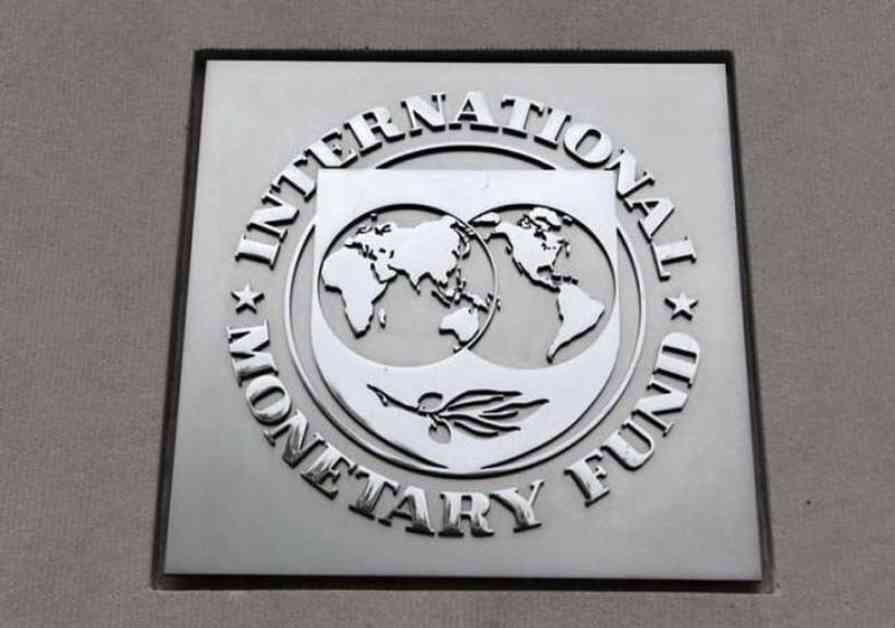The International Monetary Fund (IMF) is putting the spotlight on Pakistan’s real estate sector in a bid to tackle tax evasion and secure a crucial $1 billion loan tranche for the country. This move comes as part of the ongoing negotiations within the $7 billion loan program, signaling a significant step towards strengthening Pakistan’s financial stability.
To address the issue of tax evasion in the real estate sector, Pakistan has committed to activating the Real Estate Regulatory Authority (RERA), a key regulatory body tasked with overseeing compliance and cracking down on fraudulent practices. The focus will be on combating the declaration of false property values, with stringent penalties such as imprisonment and hefty fines awaiting those found guilty of such offenses.
Under the proposed plan, real estate agents failing to register properties could face fines reaching up to Rs 500,000, while individuals providing false information may be subject to penalties ranging from Rs 200,000 to Rs 500,000. Moreover, the Real Estate Regulatory Authority will have the authority to impose prison sentences of up to three years on offenders, emphasizing the seriousness with which tax evasion will be addressed in the sector.
The negotiations for the loan tranche are set to continue until March 15, 2025, with a structured approach involving two phases: technical discussions followed by policy-level talks. During this period, the IMF delegation will engage with key stakeholders in Pakistan, including representatives from the Ministry of Finance, the Federal Board of Revenue (FBR), the Power Division, and the State Bank of Pakistan.
Addressing Tax Evasion in Pakistan Real Estate: A Closer Look
Aiming to delve deeper into the intricacies of the situation, the IMF delegation will focus on agricultural income taxes, property sector taxation, and strategies to expand the tax base to include retailers. These discussions are vital in ensuring a comprehensive approach to enhancing tax compliance and revenue generation in Pakistan.
In addition to these technical discussions, the IMF delegation will play a pivotal role in shaping the upcoming fiscal year’s budget by offering valuable insights and recommendations. Separate dialogues will also be held with representatives from Punjab, Sindh, Khyber-Pakhtunkhwa, and Balochistan to ensure a holistic approach to addressing tax evasion and strengthening the country’s financial framework.
As Pakistan navigates the complex landscape of real estate taxation and compliance, the IMF’s involvement underscores the importance of transparency, accountability, and regulatory oversight in fostering a sustainable economic environment. By cracking down on tax evasion and enhancing regulatory mechanisms, Pakistan can pave the way for long-term financial stability and growth, benefiting both the government and its citizens.
In summary, the IMF’s call for a crackdown on tax evasion in Pakistan’s real estate sector marks a significant step towards fostering financial integrity and accountability. Through strategic negotiations and collaborative efforts, Pakistan is poised to strengthen its regulatory framework, boost tax compliance, and secure vital financial support for its economic development.









